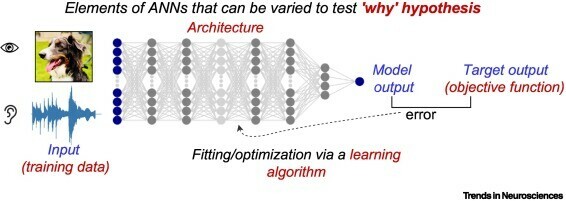U.S. Senator Ed Markey (D-MA) is calling on Supreme Court Justice Clarence Thomas to resign over allegations of corruption spanning more than two decades. He is the first sitting U.S. Senator to do so.
'Unsalvageable': Senator becomes first to call for Clarence Thomas to resign over corruption allegations
U.S. Senator Ed Markey (D-MA) is calling on Supreme Court Justice Clarence Thomas to resign over allegations of corruption spanning more than two decades. He is the first sitting U.S. Senator to do so.“I will say what needs to be said: Clarence Thomas should resign from the Supreme Court of the Unit...
